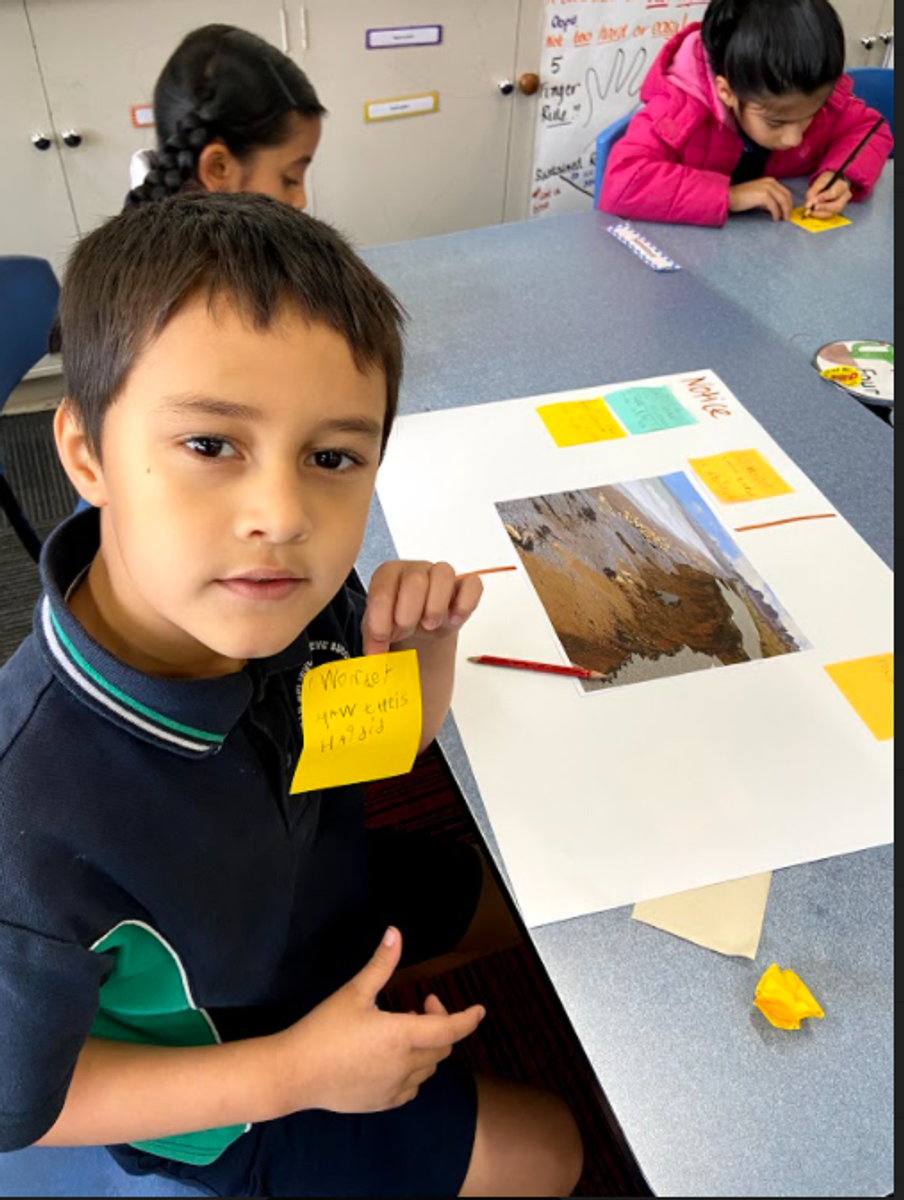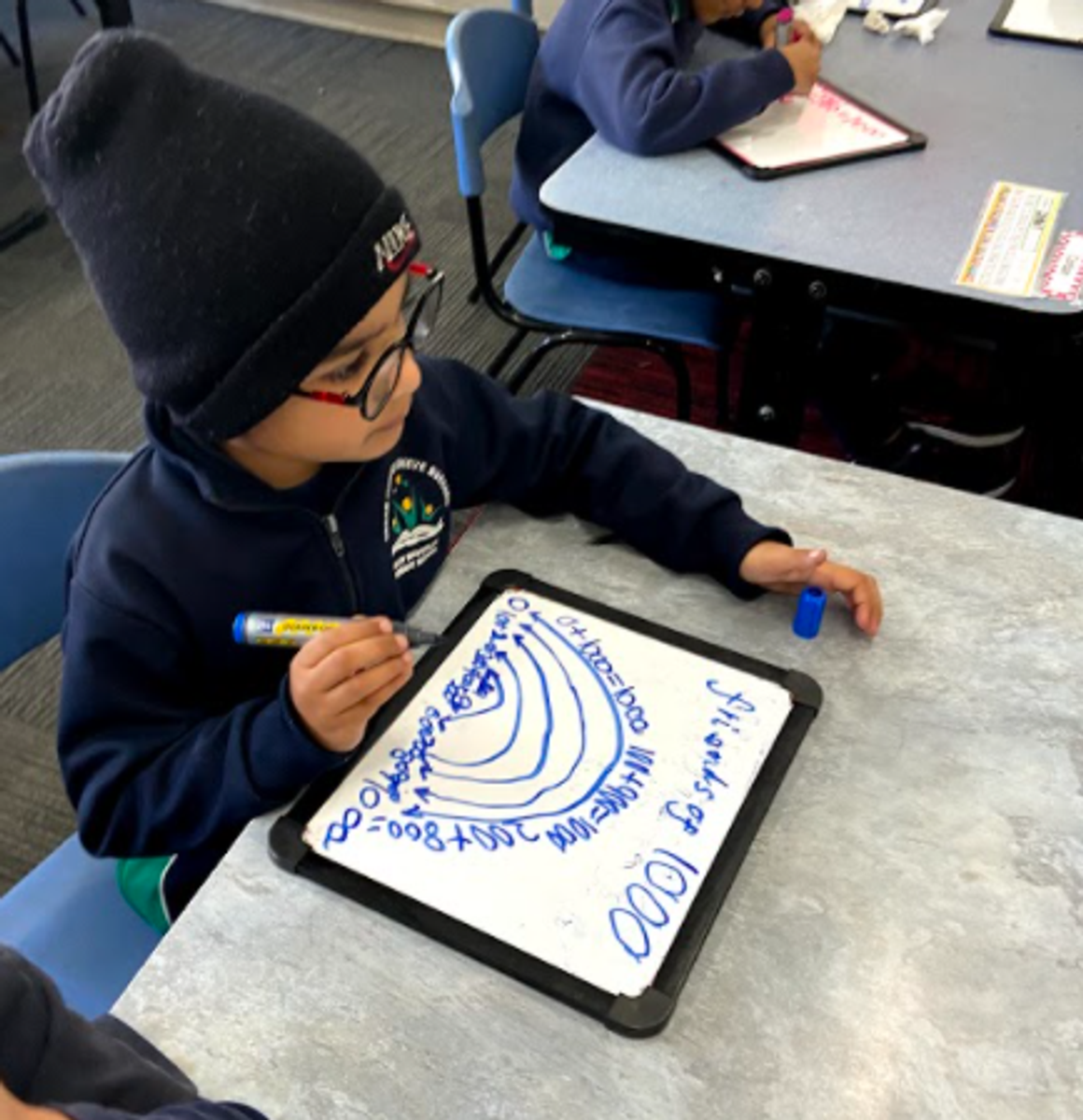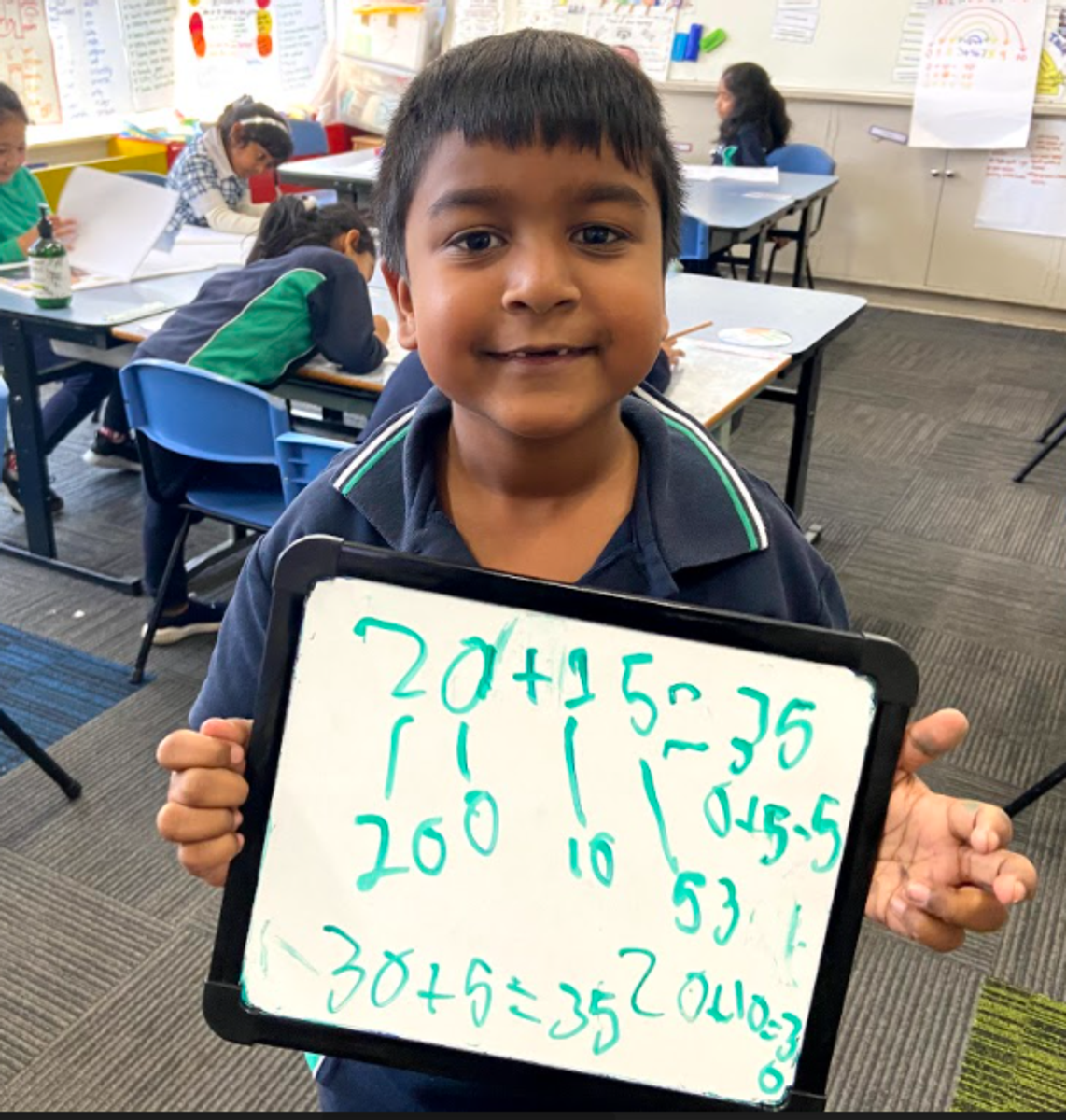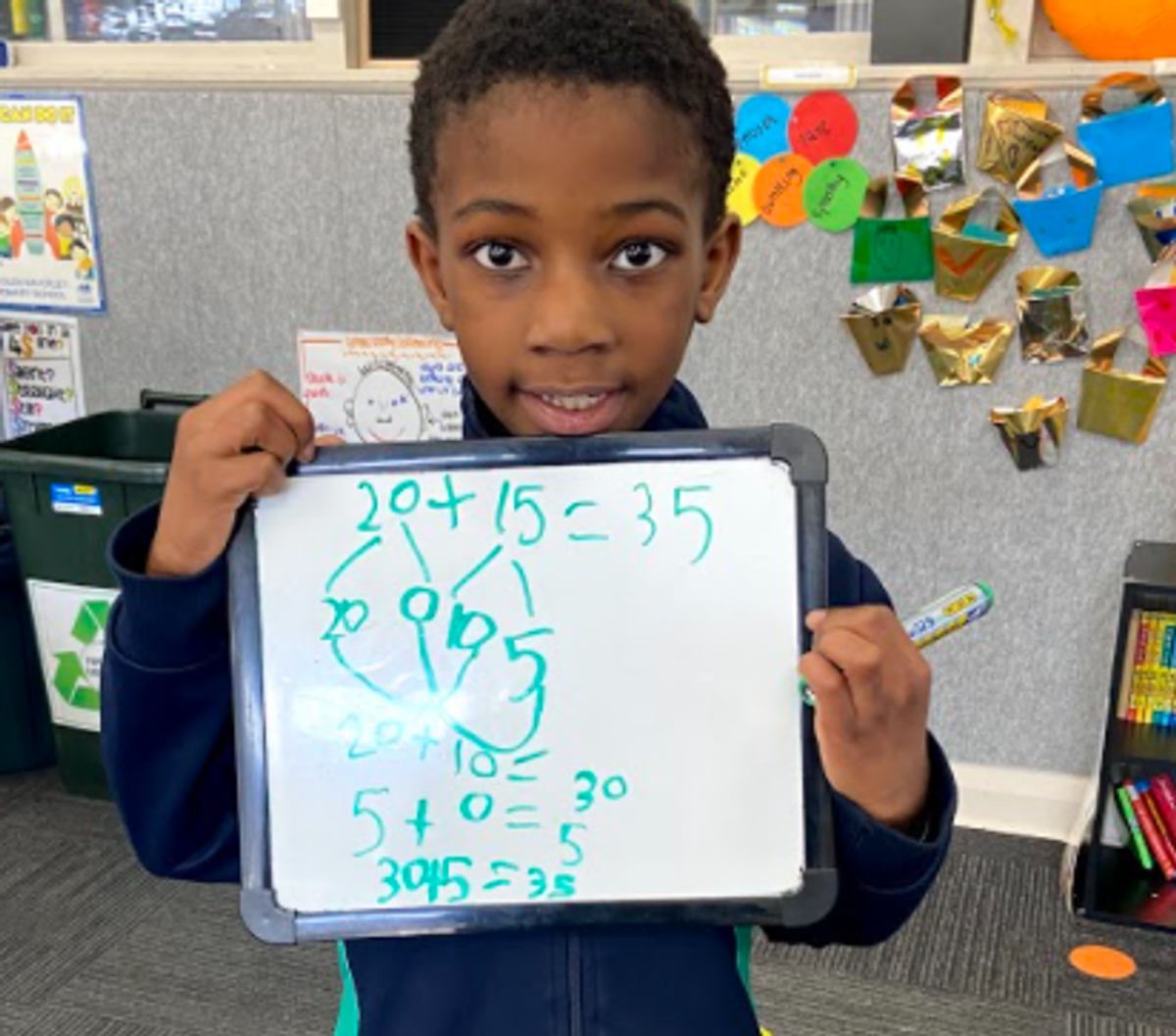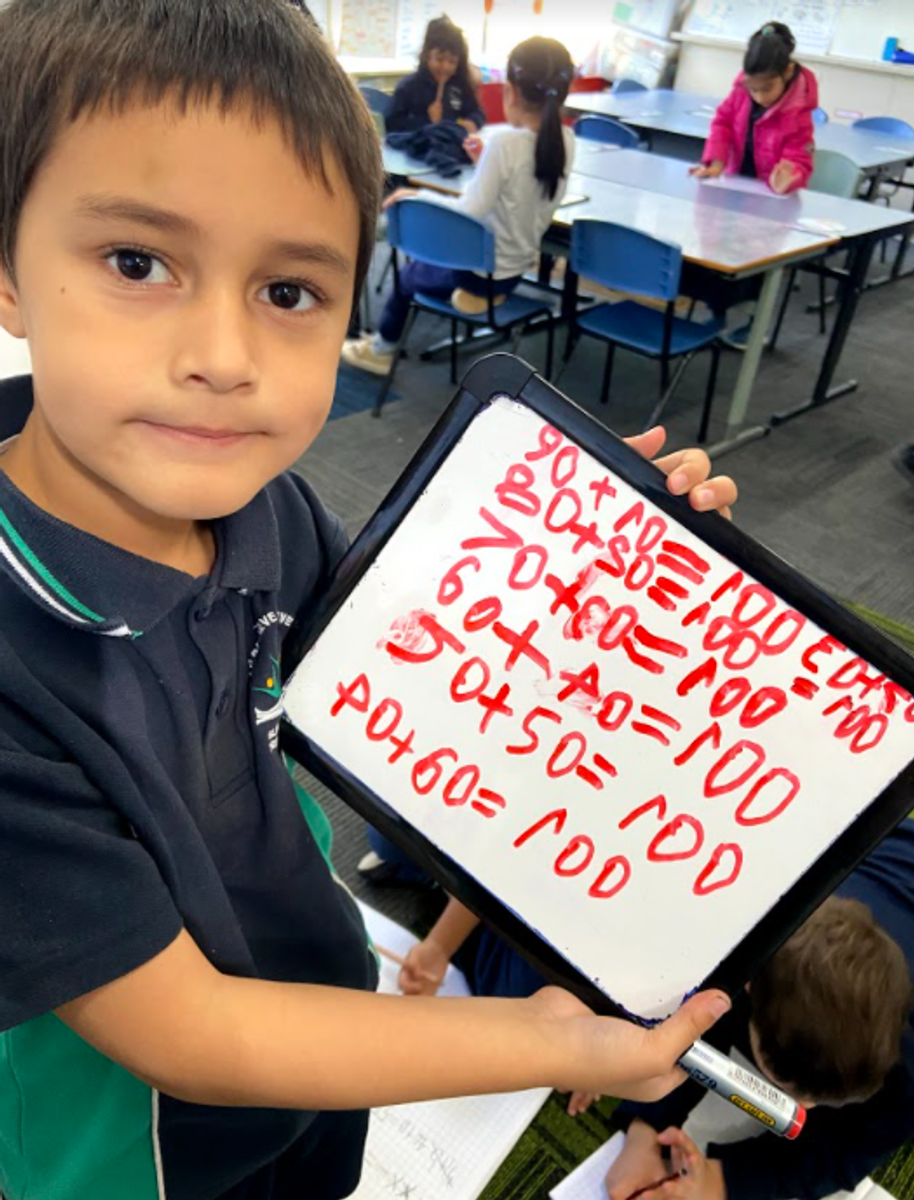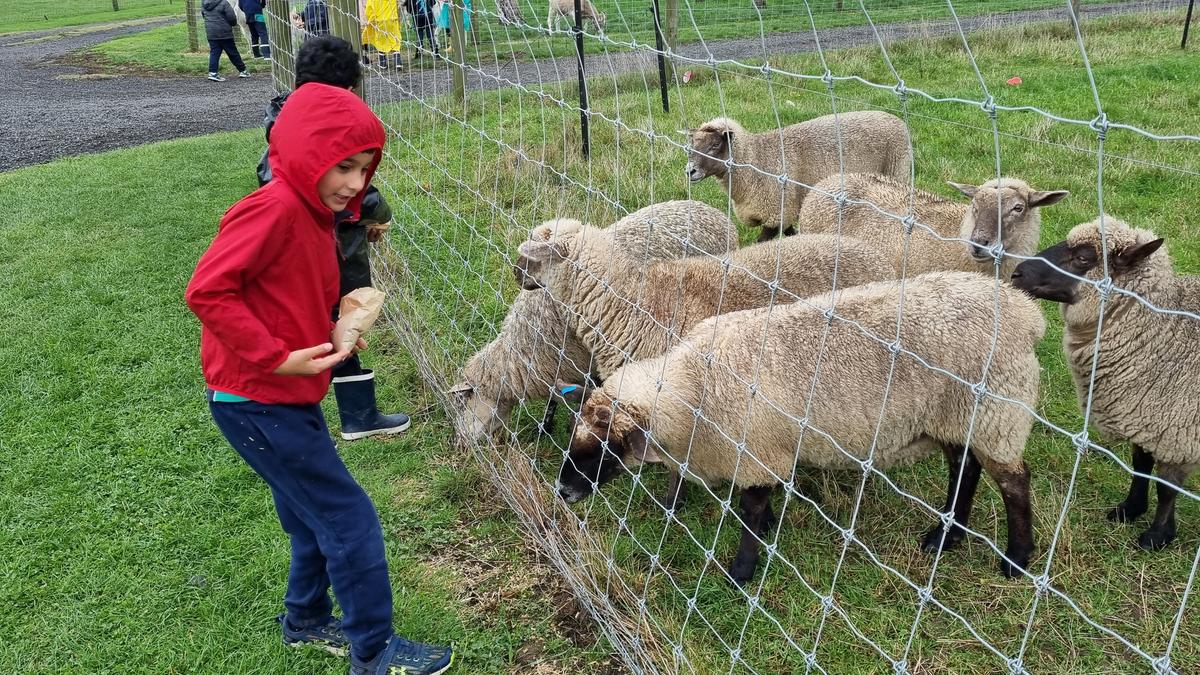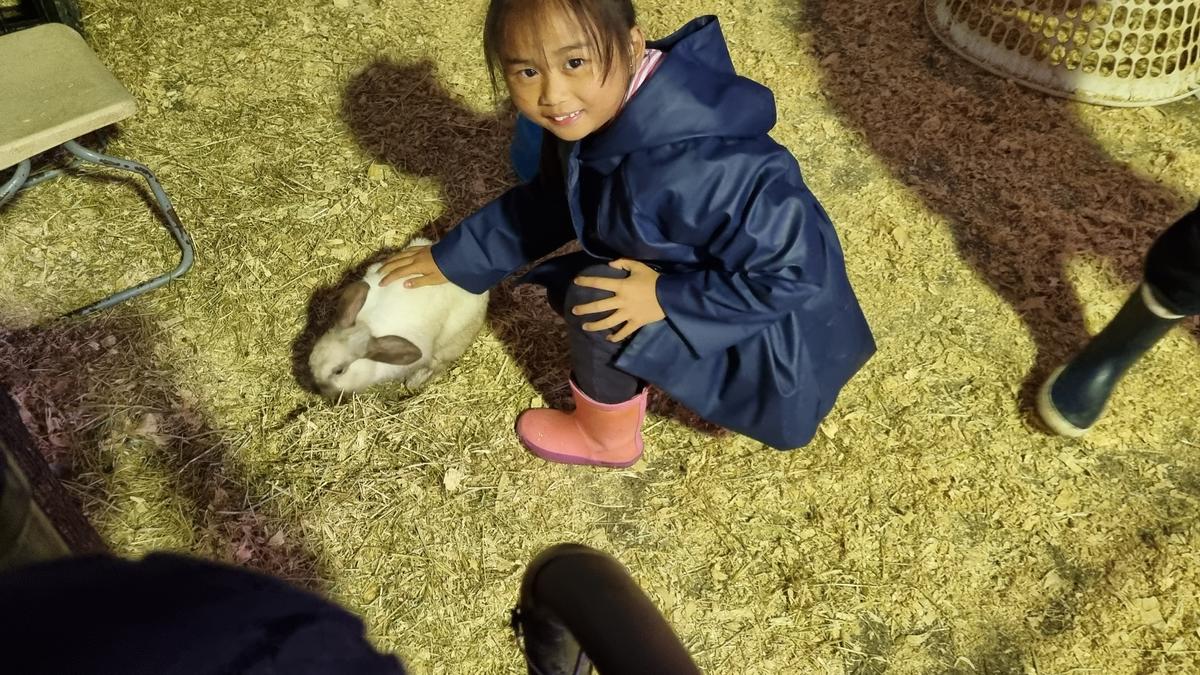Level One- Term 2
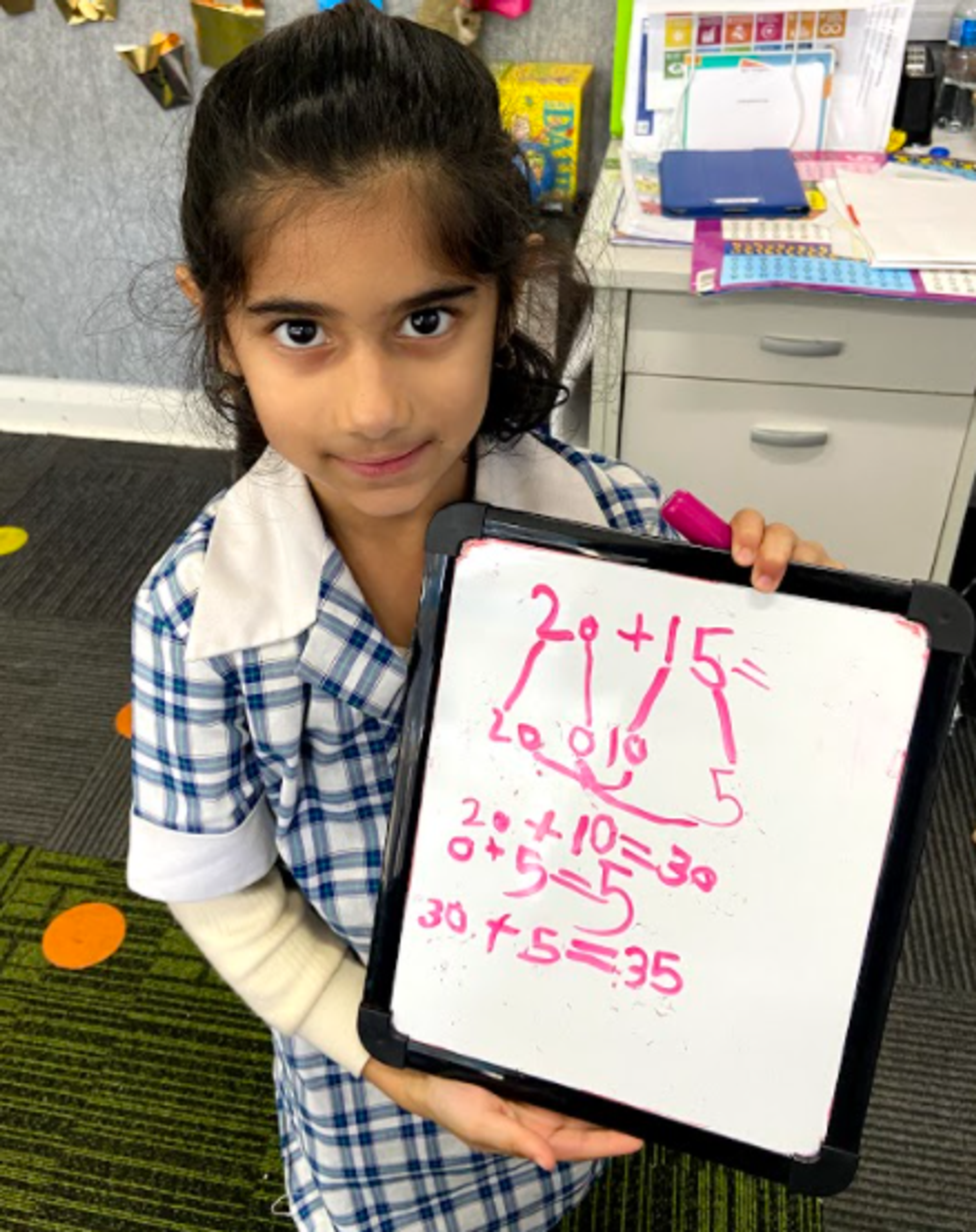
Introduction
The Level One team welcome you to another wonderful term at GWPS! We extend a warm welcome to new families that have joined our amazing learning community. We hope all families had an enjoyable holiday and look forward to strengthening our relationship with you and your children.
Students have successfully transitioned back to school and continue to demonstrate our School Values throughout the day. A huge congratulations to our students, who remembered to independently carry out their school routines. They have been buzzing with positive energy and have further strengthened their mentality of pursuing academic excellence. Finally, we would like to extend a thank you to our families, for the continuous support and love towards our school!
Important Dates
- P-3 Swimming – 3rd, 5th, 7th, 13th, 14th and 20th May
- Education Week – Open Morning/Night 25th May
- Student Led Conferences – 16th June and 23rd June
Reading
Students will continue to utilise CAFÉ strategies, to further develop and extend their reading repertoire in Comprehension, Accuracy, Fluency and Expand vocabulary. With these strategies, conferences are conducted in collaboration with the teacher to discuss strategies and set personalised reading goals.
To support your child’s Reading and Viewing at home:
- Ask deep questions about their reading, such as, Why did the character behave that way?
- Listen to your child read every night and praise their attempts at sounding out new words.
- Visit your local library and borrow a range of fiction and non-fiction texts.
Writing
Students will explore VOICES Writing strategies connected to information texts and persuasive writing, while continuing to set personalised learning goals. They will be composing information texts, by experimenting with word choice and applying key literary elements to organise factual information. Students will deepen their writing, by enriching their texts with facts about animals and habitats, transferred from Inquiry learning. Then, they will focus on persuasive writing, where they will create texts that target a range of audiences and purposes. Students will learn how to develop and strengthen an argument, through conscious choices of vocabulary.
To support your child’s writing at home:
- Encourage them to identify non-fiction and fiction texts, such as, newspapers and letters.
- Explore examples of persuasive texts, for example, pamphlets, catalogues, advertisements.
- Compare and contrast various persuasive texts. Which is more effective? Why?
Speaking and Listening
Communication is key for learning! Students learn from each other through interaction. These collaborations, whether small group or class, provides the experiences for students to learn vital life learning skills, such as listening (to others), sharing and contributing ideas, responding to questions and providing feedback and feed forward.
Maths
Students will continue to extend their skills and knowledge in Mathematics relating to the four proficiencies of Problem Solving, Understanding, Reasoning and Fluency (SURF). They have explored different strategies for addition and subtraction, and relationship between the two concepts. Later in the term, students will apply their knowledge to explore Multiplication, with a focus on repeated addition, groups of, and arrays. They will also develop their of Length and formal/informal measurement strategies. Finally, students will tackle Probability, by describing events and outcomes as ‘likely’ or ‘unlikely’ and ‘certain’ or ‘impossible’.
Strategies you can implement at home to consolidate their knowledge and skills:
- Reflect on learned addition strategies such as, counting on, making 10 and partitioning
- Practise measuring length using everyday items of the same size, such as pens or blocks.
- Discuss the chance of everyday events, for example, “What is the chance it will rain today?”
Inquiry
“Why do we need to look after our environment?” is our Term Two Inquiry question. Students began their learning, by exploring a range of environments and generating questions that will guide their investigations. They will learn about natural and man-made features of environments, how habitats sustain life, and strategies to address or minimise human impact on environments.
Parents can connect classroom learning to home, by asking questions such as:
- What local environments are we connected to?
- How can we look different environments (strategies)?
- Why is it important to take care of the environment?
YCDI
In You Can Do It, students’ social and emotional learning needs, will serve as the foundation of our learning program. We will continue to delve into our School Values of, Integrity, Initiative, Respect and Global Empathy and the five YCDI ‘Keys to Success.’ Additionally, we aim to gradually ‘unpack’ and explore our three School Foci of, “Appreciate Togetherness and Difference,” “Curiosity through Challenge” and “Explore New Possibilities,” during this term and throughout the year.

